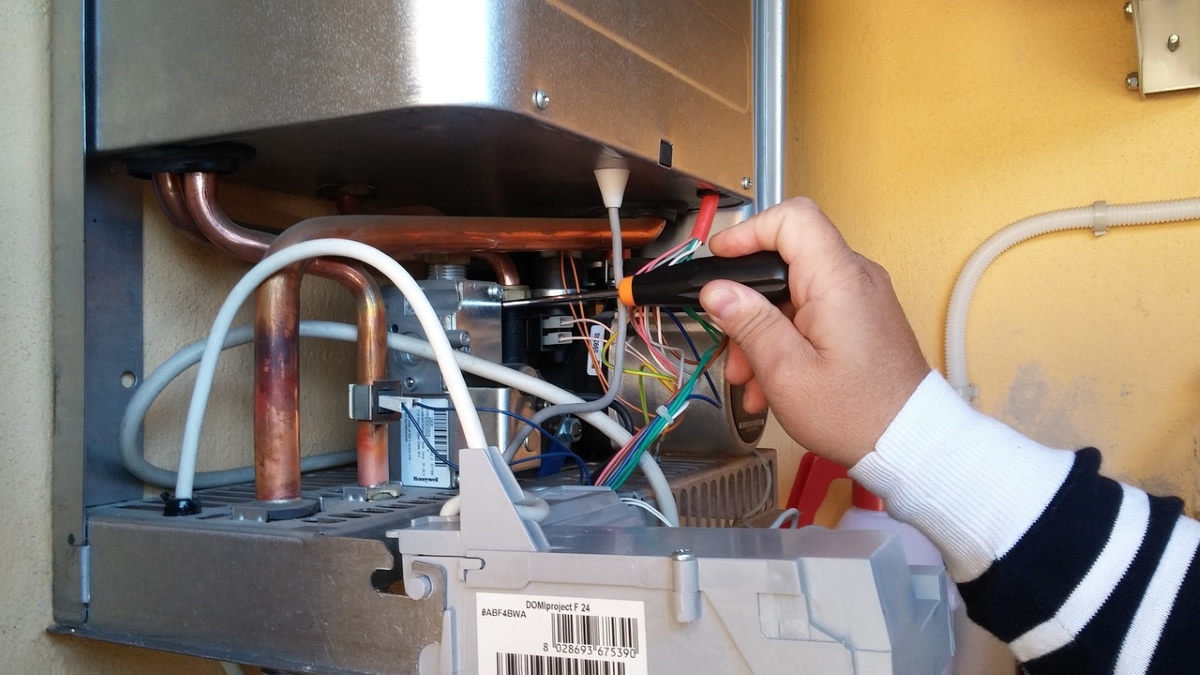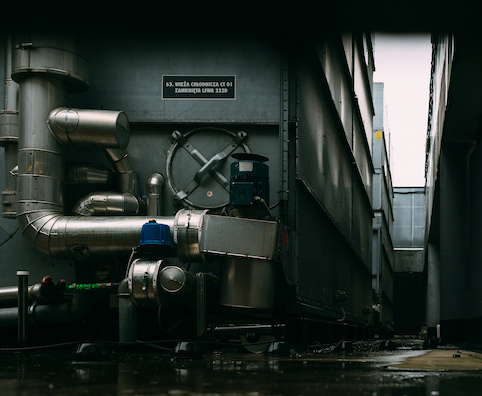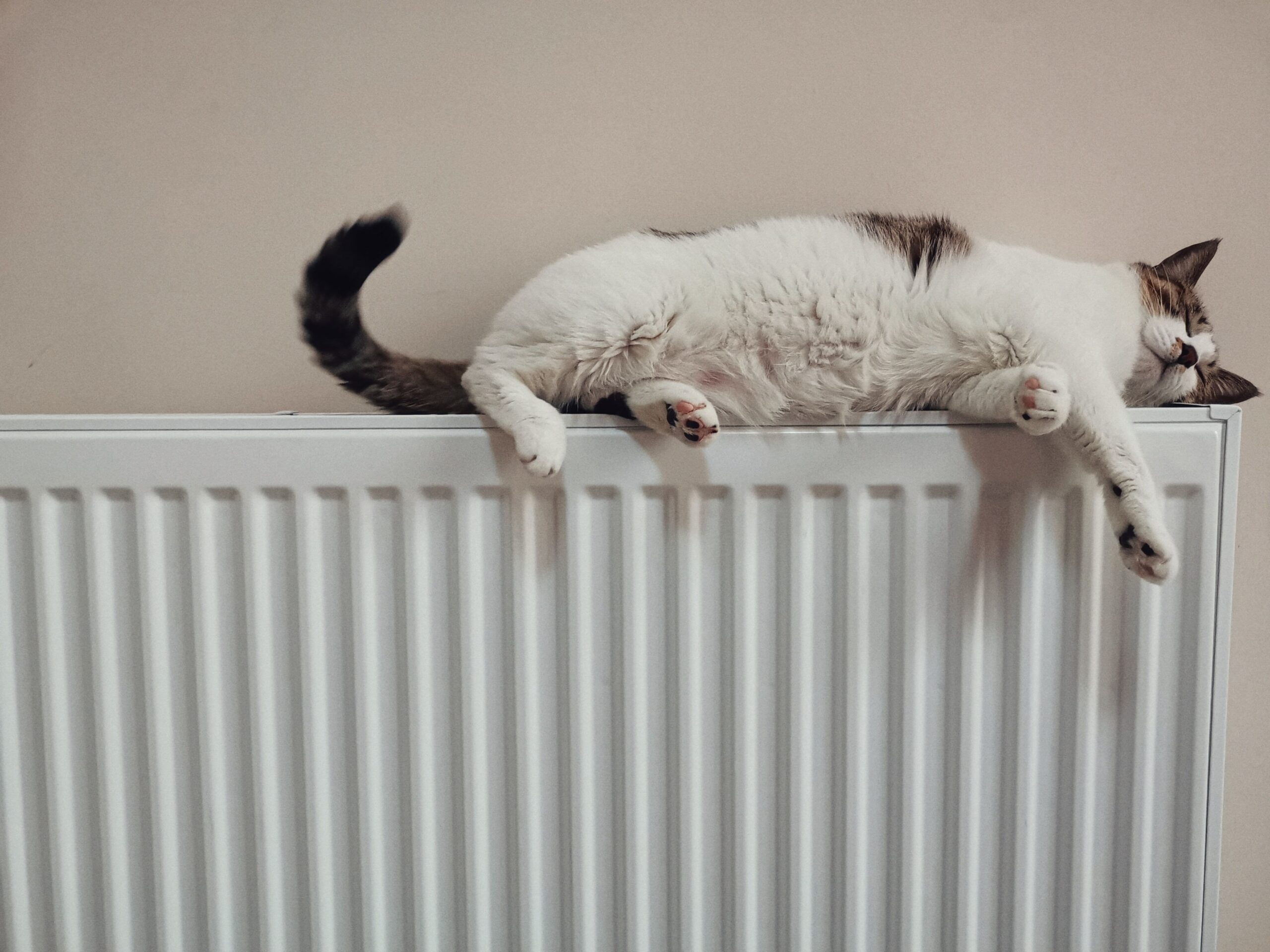Returning to office life during the time of the coronavirus does not come without risk. To keep employees safe, practical steps should be put in place to reduce the likelihood of the disease being able to spread through the office.
With a new hyper-awareness of hazards to health for both employers and employees, it is vital that both parties work hand-in-hand to keep the office safe during coronavirus. Employers have the potential to be liable for sickness at work if COVID-preventative measures aren’t imposed correctly, and employees want to remain fit to work to support themselves financially.
What does the ideal office look like at this time?
Hygiene at the heart
Hand-washing should be a priority in the workplace during this pandemic. Easily accessible sanitisers and soaps encourage employees to clean their hands regularly and prevent the spreading of germs through touching of handrails and shared appliances.
As an employer, it is your responsibility to provide adequate risk protection to everybody on your business premises, and this includes cleaning supplies as protection from the virus. Simply encouraging hand washing isn’t enough, because germs can spread through the air and cover any surface. Even an unknowingly sick employee sneezing at a private desk has the potential to infect everybody in the workplace because those germs can spread through the air without an effective ventilation system and the interruption of fresh air.
Windows should be open as much as possible, surfaces should be wiped of bacteria with antibacterial spray frequently, and social distancing should be practised by all employees and at desks.
Deep cleaning by a professional should be carried out weekly while employees aren’t present, to remove dirt and bacteria missed during daily cleaning. The sharing of appliances should be at to a minimum, but if unavoidable, then they should be disinfected after every use. Everyday disinfecting is an employee responsibility, and it is reasonable to request that your staff maintains the wiping of equipment.
A thoughtful schedule
To maintain social distancing, you may consider introducing staggered lunch breaks, rotating days of different teams using meeting rooms, and alternating days between working from home and visiting the office for each employee.
A great place to start is considering the risks of each room in your office building. If your kitchen is small, no more than two employees are going to be able to enter at once. If the desks in your salesroom are tightly packed with no room for movement, half of the team will need to work from home per day. The space that you have will dictate the approach you’ll need to take in having employees return to an office with COVID-secure procedures.
A detailed cleaning schedule could also be beneficial for your office space. Making sure that time is allowed for kitchens or bathrooms to be inspected every hour and cleaned at least twice a day could be vital in deterring the spread of any infection. A schedule also lets employees know when each room won’t be available, so toilet breaks or kitchen trips can be finished before the cleaning is supposed to begin. Such a schedule serves as a record of what your business is doing to stop the spread of coronavirus.
Temporary measures
With an understanding of the virus continually developing, it is reasonable to decide you aren’t quite ready to invest money in permanent coronavirus protection yet. Disposable screens for between desks are a great measure to put in place to enforce social distancing and prevent germs from spreading across desks, even though they are a temporary measure.
Disposable cups, plates and cutlery may also be something to consider in the short term, as it minimises time employees spend in the kitchen and is more hygienic than relying on your employees to properly clean office drinkware. Even removing plates and drinkware altogether and instructing employees to manage their own cups and plates is a temporary measure that may benefit the office in the very beginning.
When reintroducing your employees to an office environment, your business premises need to be carefully considered and arranged to protect all staff. Professional deep cleaning should be carried out weekly to remove any bacteria missed by daily sweeps.
It is your responsibility to provide cleaning supplies to your workers, both for themselves and for worktop surfaces. Failure to do so could result in a justified complaint from an employee, or closure of your business after an unsuccessful inspection.
Keep your office as happy as possible by being thoughtful about layout, supporting social distancing and encouraging all employees to practise good hygiene.




